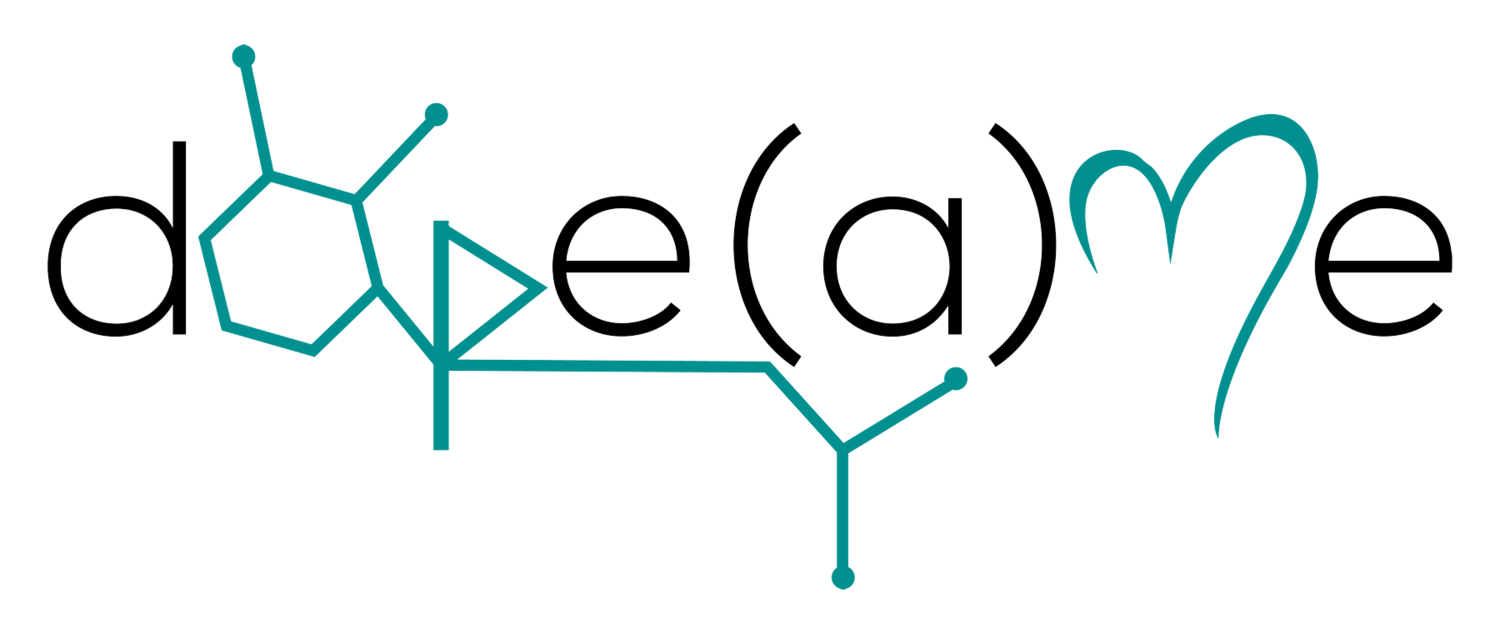I have been deeply engaged and curious about a hazardous pattern I am noticing in myself. I know it is vital to take time to relax and restore my energy in between bouts of effort, intensity and growth. Yet, when I gift myself a day to relax, in comes the self-talk around being lazy, being not enough, followed by irrational fear-riddled self-talk about my lack of discipline and potential to get fat if I eat one more snack. It also pulls me away from connection, and I step out of integrity as I become the person who bails on plans and chooses to stew in loneliness and dis-ease. I find it a lot easier to not pay attention to my ego when it is inflated - or at least to not be as effected. The deflated ego rides along with pain and suffering and darkness, a much heavier cocktail to swim through.
I am face to face with this pattern every time my schedule opens up and I have space for some much need R & R. I don't want to keep myself busy out of fear of what my idle mind concocts. And I know that the more I run from something, the stronger the impulse becomes. I want to enjoy my down-time and embrace the spaciousness in my schedule when I have it.
I have two weeks off in July around my birthday, and as a gift to myself, I am taking some time now to contemplate what I have learned in this process of noticing, what I need to be aware of and what I need to practice, in order to step into spaciousness whole-heartedly, and even to give my deflated ego some space to have its pity-party but then move on.
First of all, it's okay to struggle. And it's perfectly okay to find yourself in a pattern that is not serving you. Celebrate your awareness! Celebrate your healthy and able mind that just noticed something that carries immense possibility for growth. There will always be something that needs time and attention, so the point is not to attain perfection but to stay in the practice of noticing, accepting, creating space, and shifting in your chosen direction. I am not upset about this pattern I am observing in myself. I find it to be fascinating. What an interesting reaction to such a life-affirming practice of restoring and regenerating energy. And I know that my own suffering can be shifted into compassion in one breath. There is always a way to expand your perspective and see the light and dark at the same time - neither one being better or worse than the other - just different aspects of the human experience. I am neither the dark nor the light, I am the space that holds it all.
Like most things, as Micheal Singer reminds us, "the problem is not the problem, it is your relationship to the problem that is the problem."
With that in mind, how is my relationship to self-care/relaxing getting in my way?
I feed off of the feeling of progress. I absolutely LOVE being in the creative process and seeing my hard work manifest into action or results for myself and for others. While I do need to honor my downtime, there is opportunity for me to shift my relationship and actions in my self-care so that I actually feel recovered and energized from my downtime.
I am a believer in a strong beginning and a strong ending, while allowing the middle to be flexible, adaptable and focused on finding the flow. As I gear down in July, here are the steps I will (re)invite into my day to ensure that I am honoring my self-care and not finding the need to recover from my days off.
# 1: start my day with movement that sparks some fire (fire breath, arm movements connected to breath, a walk around the block, etc.)
# 2: 30 seconds - 6 minutes of meditation (connect with the space between thoughts and breath, outdoors whenever possible)
# 3: Pen to paper (set a timer for 10 minutes, get my creative juices flowing by free-writing or working on a project)
#4: In the evening, engage in another 30 seconds - 6 minutes meditation (give myself permission to feel whatever I am feeling, giving it space to be released as I open back up to the moment)
I know that if I follow through on these simple daily steps, I will cultivate the energy I desire. I am excited to step into the 32nd year of my life knowing that I am a bit wiser, stronger, and braver than the year before. Always growing. Always learning. Always practicing my love for life.
“Compassion requires that we get in touch with what hurts. It’s the pain, the suffering itself, that invites compassion to manifest. The intelligence of compassion brings forward a kindness that is not trying to get rid of suffering. This goes counter to the ego’s wishes. Ego only wants to be protected from pain. Compassion opens to pain.
When compassion is present, our defensiveness can relax. When our defenses are down, we can look objectively at our situations and see the true origins of our suffering. Then we can intervene skillfully to address the real causes and not just the symptoms. SO another aspect of compassion is the capacity to be with suffering as a means of coming to, and experiencing, more truth and greater freedom.”
- From the Five Invitations by Frank Ostaseski
Make today a good one ;)
Marin McCue
xoxox


